Successful spatial navigating is one of the most fundamental behavioural problems and requires complex cognitive operations. To navigate in both familiar and unfamiliar environments, we need to monitor various internal and external cues, build, access, and update mental representations of space, plan and execute movements. In the Wayfinding & Spatial Cognition Lab we conduct research into the psychological processes underlying navigation and wayfinding behaviour addressing both fundamental and applied research questions. We make use of a variety of methods including behavioural navigation experiments, virtual reality techniques, static and mobile eye-tracking and cognitive modelling.
![]() Click on image to see a short video of our virtual reality setup that we now combined with a head mounted (mobile) eye-tracker. This allows us to study visual attention across a large field of view while participants solve navigation tasks in highly controlled virtual environments that are build to exactly match the experimental demands.
Click on image to see a short video of our virtual reality setup that we now combined with a head mounted (mobile) eye-tracker. This allows us to study visual attention across a large field of view while participants solve navigation tasks in highly controlled virtual environments that are build to exactly match the experimental demands.
The “Wayfinding & Spatial Cognition Lab” is currently involved in a number of fundamental and applied research projects:-
- We investigate the effects of cognitive ageing on navigation skills and the selection of appropriate wayfinding strategies (click here for recent publication)
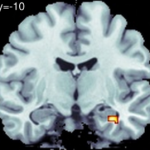 In collaboration with Prof. T. Wolbers (University of Magdeburg, Germany), we investigate the neural basis of fundamental navigation processes using functional brain imaging.
In collaboration with Prof. T. Wolbers (University of Magdeburg, Germany), we investigate the neural basis of fundamental navigation processes using functional brain imaging.
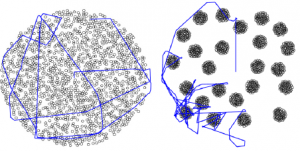 Using large scale virtual environments, we investigate search patterns in humans and compare it to existing foraging theories from the animal literature (in collaboration with Dr. Thomas Hills, Warwick University)
Using large scale virtual environments, we investigate search patterns in humans and compare it to existing foraging theories from the animal literature (in collaboration with Dr. Thomas Hills, Warwick University)
- In collaboration with Dr. Julie Kirkby (BU) we investigate the development of visual search strategies by testing adults and school students (click here to see a video of the paradigm we use).
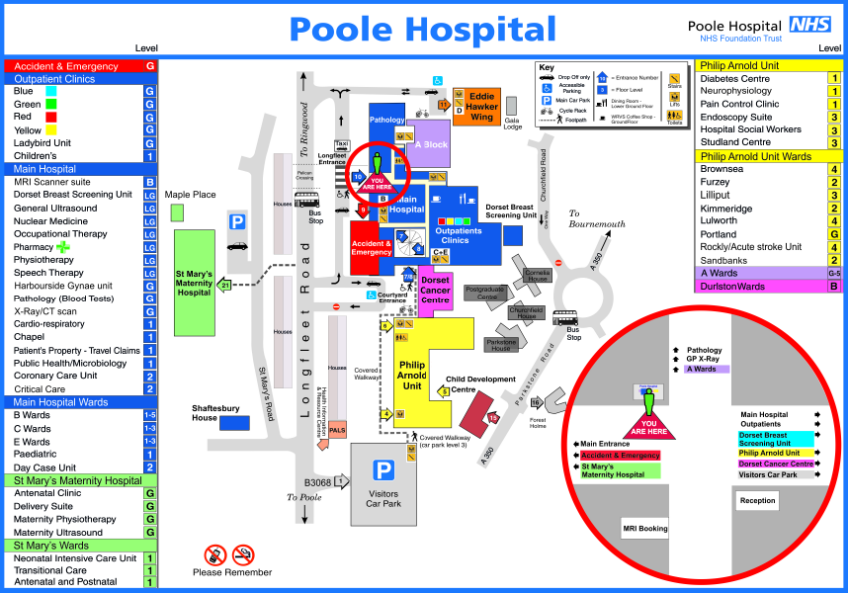
- We conduct research for Frankfurt Airport (in collaboration with the Centre for Cognitive Science in Freiburg / Germany) and in Poole hospital to improve the wayfinding signage system (see image below). As a result of this work the signage at a number of key transfer location in Frankfurt Airport has been changed and Poole hospital will introduce new wayfinding maps. Click here for our “Wayfinding Signage Research and Consultancy” blog.
- We just received funding from “Army of Angels” and the BU Foundation to start an exciting new project investigating the relationship between PTSD (post-traumatic stress disorder) and navigation.
Dr. Jan Wiener in the Psychology Research Centre leads the “Wayfinding and Spatial Cognition” lab. For more information about our projects, the team, and our publications, please visit our lab page at www.spatial-cognition.org. You can also follow us on Twitter.
We are always eager to discuss new project ideas and collaborations, so please get in contact by dropping me an email: jwiener@bournemouth.ac.uk
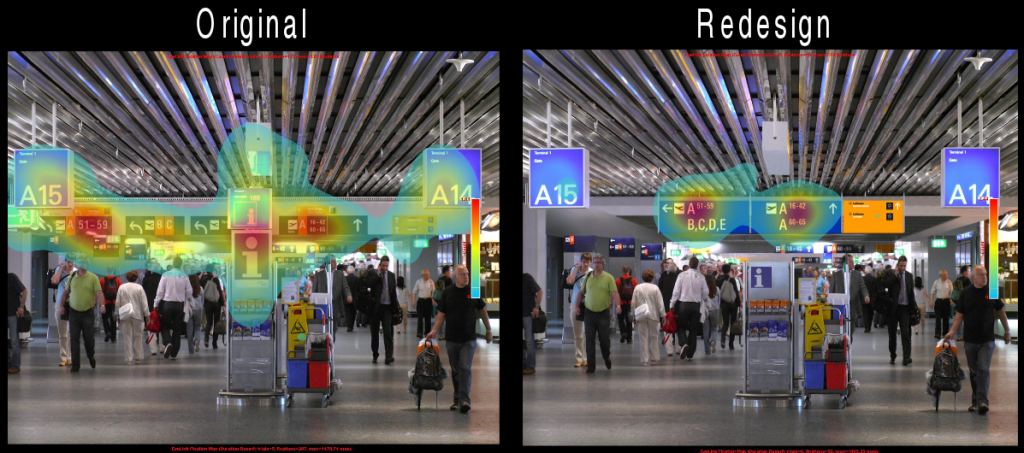


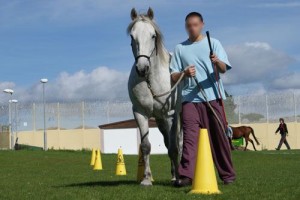
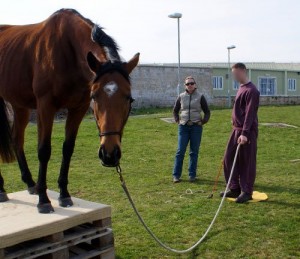 One of the participants has commented: “”I’ve been on anger management courses, alcohol courses, things like that – this is much different, you’re learning it physical, not mental if you know what I mean. It’s helped me more, without a doubt. I don’t like talking. …Normally, with other courses you’re in a group of people… you have to talk about your issues and things like that, but here you get it out in a different way, you’re doing physical things not just talking. I’ve been doing that since I was 6 years of age and it’s never worked. I learnt a lot about myself. I can actually do things. I always say I can’t but I can.”
One of the participants has commented: “”I’ve been on anger management courses, alcohol courses, things like that – this is much different, you’re learning it physical, not mental if you know what I mean. It’s helped me more, without a doubt. I don’t like talking. …Normally, with other courses you’re in a group of people… you have to talk about your issues and things like that, but here you get it out in a different way, you’re doing physical things not just talking. I’ve been doing that since I was 6 years of age and it’s never worked. I learnt a lot about myself. I can actually do things. I always say I can’t but I can.”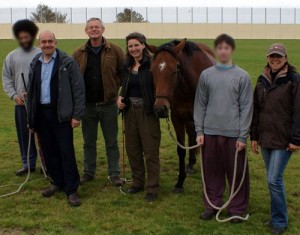
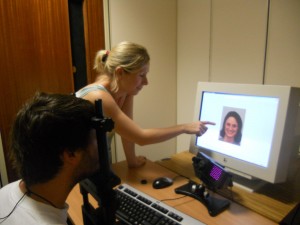 In September 2011 BU’s
In September 2011 BU’s 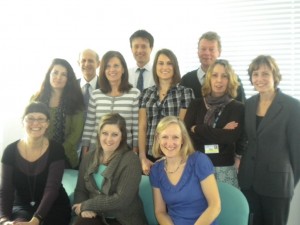
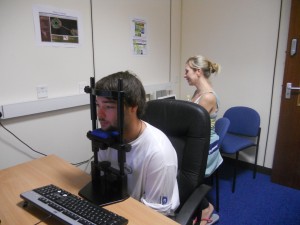 Prosopagnosia – or ‘face blindness’ – is a little known condition affecting 1 in 50 people. As Bournemouth University psychology lecturer Dr Sarah Bate explains, it is ‘literally a loss of memory for faces’.
Prosopagnosia – or ‘face blindness’ – is a little known condition affecting 1 in 50 people. As Bournemouth University psychology lecturer Dr Sarah Bate explains, it is ‘literally a loss of memory for faces’.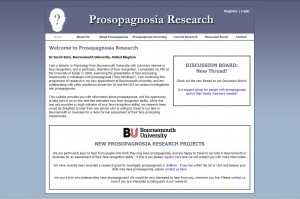











 Connecting Research with Practice: FoodMAPP Secondment in Austria and France
Connecting Research with Practice: FoodMAPP Secondment in Austria and France Health promotion paper read 8,000 times
Health promotion paper read 8,000 times The Beautiful Work Challenge: On Birth
The Beautiful Work Challenge: On Birth Free event on Solutions to Inequalities in Dementia Diagnosis and Care
Free event on Solutions to Inequalities in Dementia Diagnosis and Care MSCA Postdoctoral Fellowships 2025 Call
MSCA Postdoctoral Fellowships 2025 Call ERC Advanced Grant 2025 Webinar
ERC Advanced Grant 2025 Webinar Horizon Europe Work Programme 2025 Published
Horizon Europe Work Programme 2025 Published Horizon Europe 2025 Work Programme pre-Published
Horizon Europe 2025 Work Programme pre-Published Update on UKRO services
Update on UKRO services European research project exploring use of ‘virtual twins’ to better manage metabolic associated fatty liver disease
European research project exploring use of ‘virtual twins’ to better manage metabolic associated fatty liver disease